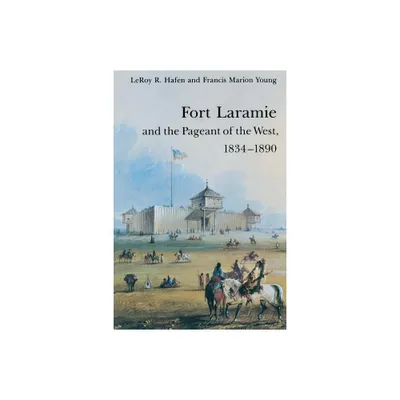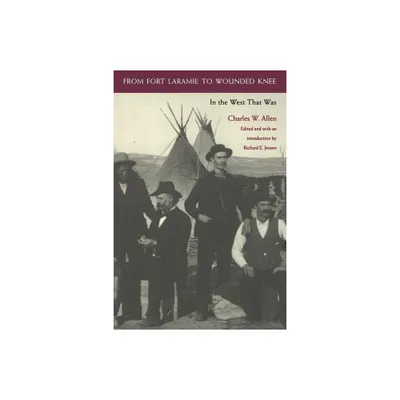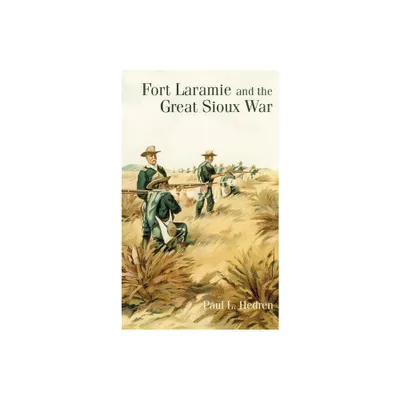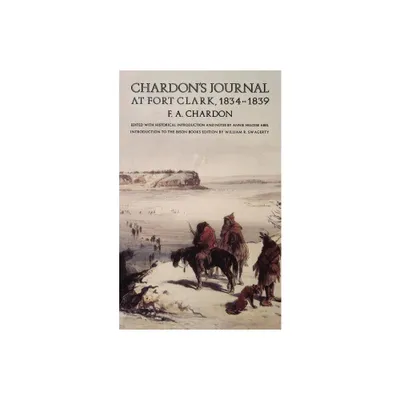Home
Fort Laramie and the Pageant of West, 1834-1890
Loading Inventory...
Barnes and Noble
Fort Laramie and the Pageant of West, 1834-1890
Current price: $17.95


Barnes and Noble
Fort Laramie and the Pageant of West, 1834-1890
Current price: $17.95
Loading Inventory...
Size: Paperback
*Product Information may vary - to confirm product availability, pricing, and additional information please contact Barnes and Noble
To weary travelers on the Oregon Trail during the middle decades of the nineteenth century, Fort Laramie was a welcome sight. Its walls and flag-decked towers rose from the high plains, their solidity suggesting that the white man was gaining a toehold in the wilderness.
Hafen and Young present the colorful history of Fort Laramie from its establishment as Fort John in 1834 to its abandonment in 1890. Early on, the fort was controlled by the American Fur Company and patronized by trappers like Jim Bridger and Kit Carson. Then it was a vital supply center and rest stop for a tide of emigrants--missionaries, Mormons, forty-niners, and homeseekers.
As more wagons rolled west and the Pony Express came through, the need for protection increased; in 1849, Fort Laramie was converted from a trapper's post into a military fort. Down through the years there were skirmishes with the Plains Indians, who sometimes came to the fort to barter and to treat. The peace council of 1851—one of the largest gatherings of tribes ever seen in the Old West—is here described in fascinating detail.
The cast of characters in this great historical pageant reads like a who's who of the American West.
Hafen and Young present the colorful history of Fort Laramie from its establishment as Fort John in 1834 to its abandonment in 1890. Early on, the fort was controlled by the American Fur Company and patronized by trappers like Jim Bridger and Kit Carson. Then it was a vital supply center and rest stop for a tide of emigrants--missionaries, Mormons, forty-niners, and homeseekers.
As more wagons rolled west and the Pony Express came through, the need for protection increased; in 1849, Fort Laramie was converted from a trapper's post into a military fort. Down through the years there were skirmishes with the Plains Indians, who sometimes came to the fort to barter and to treat. The peace council of 1851—one of the largest gatherings of tribes ever seen in the Old West—is here described in fascinating detail.
The cast of characters in this great historical pageant reads like a who's who of the American West.


















